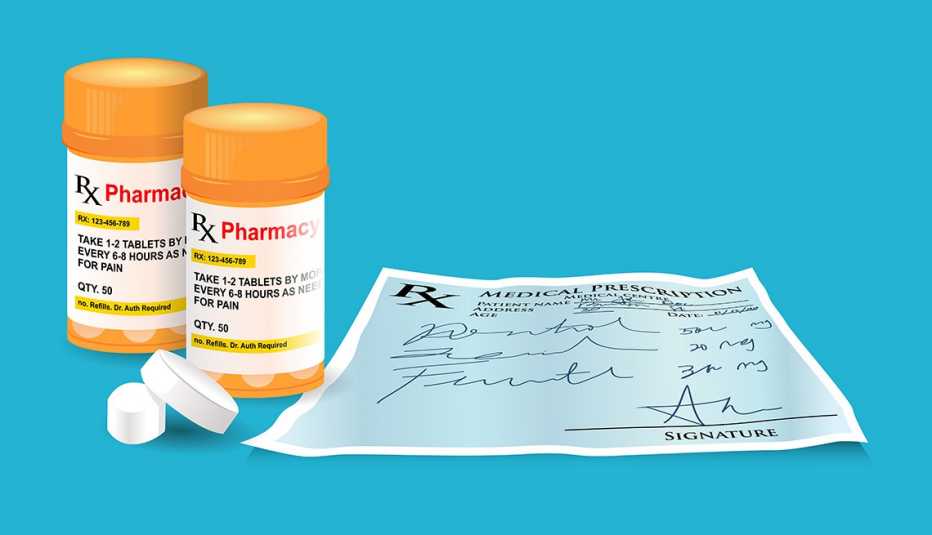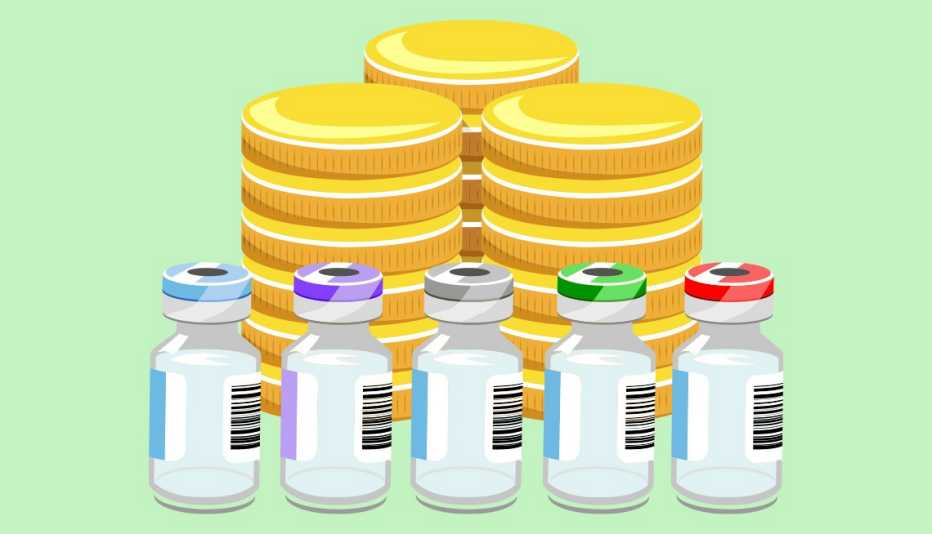AARP Hearing Center
The new prescription drug law will save Medicare beneficiaries $25 billion, cut the federal deficit and lead to less need for hospital and other medical care, according to a new analysis by the nonpartisan Congressional Budget Office (CBO).
The CBO report is based on the impact of the three main Rx elements of the Inflation Reduction Act: the ability of Medicare to negotiate the prices of certain medications; drugmaker rebates to Medicare for price increases above inflation; and changes to the Part D prescription drug program, including an annual cap on out-of-pocket costs. The analysis describes the effects of these provisions in 2031.
“This really does demonstrate the cost savings for both seniors and the Medicare program,” says Megan O’Reilly, AARP vice president for health and family issues.
Overall, the CBO report estimates that the new law’s prescription drug provisions will reduce the federal deficit by $237 billion from 2022 to 2031.
Savings for consumers
AARP research and public opinion surveys have shown that the main reason older Americans either don’t fill their prescriptions or take lower doses than prescribed by their doctors is they cannot afford the medications. The CBO report says that the lower prices and costs under the new law will mean people will be more likely to use prescription drugs and that will lead to less spending on other medical care, including for Medicare Part A, which covers hospital care, and Part B, which helps pay for doctor visits and other outpatient services.
CBO finds that Part D enrollee out-of-pocket costs for prescription drugs in 2031 will be $25 billion lower than without the law. Of that, $7 billion will be the result of Medicare’s ability to negotiate certain medication prices, another $5 billion from the rebates drugmakers who raise their prices higher than inflation will have to pay to the program, and $13 billion from the cap on Part D premium increases that starts in 2024 and the $2,000 out-of-pocket cap that will take effect in 2025.
Drugmakers will negotiate
“CBO expects that drug manufacturers will comply with the negotiation process because the costs of not doing so are greater than the revenue loss from lower, negotiated prices,” the report says. The process has begun to decide which 10 drugs will be the first selected by the Department of Health and Human Services for negotiation. Those first negotiated prices will be announced by September 2023 and take effect in January 2026. The number of negotiated drugs will increase every year.





































































